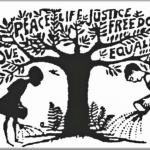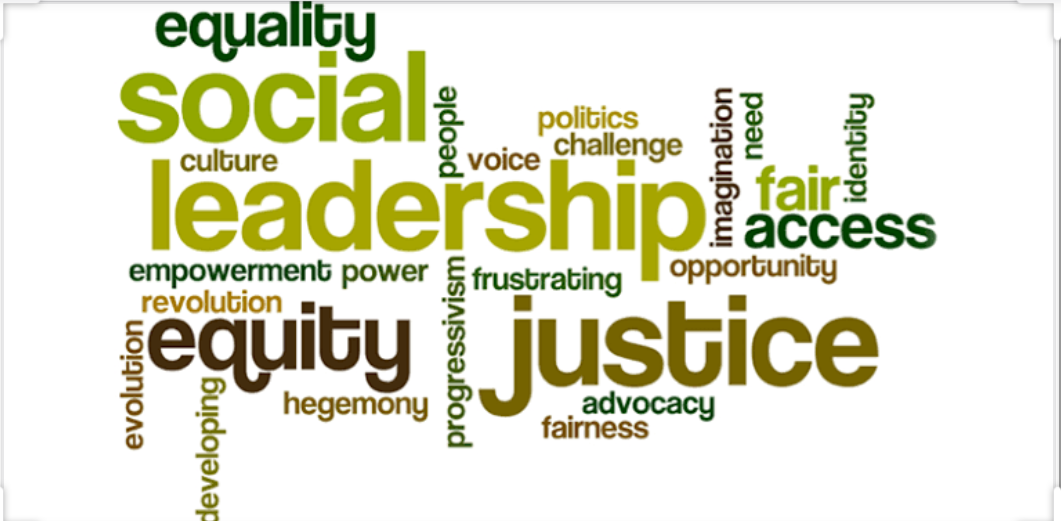You have heard the term before. You’ve probably asked yourself what it means and whether it is something you should be concerned about. The answer to that is yes: Social Justice is every single human being’s responsibility. Everybody contributes to society and this contribution needs to be respected regardless of one’s gender, religious affiliation, race or sexual orientation.
Social justice is a contextually and historically driven concept and as such, it’s meanings could be far reaching and ambiguous. It is both a political and a philosophical thought which asserts that there are dimensions to the concept of justice beyond those embodied in the principles of civil or criminal law, economic supply and demand, or traditional moral frameworks.
Simply put, social justice refers to the equal access to wealth, opportunities and privileges within the society. It embraces values such as the equal worth of all citizens and their equal right to meet basic needs. According to activist Njeri Migwi, founder of Usikimye Initiative, it is an effective method of pooling people together with a consistent message, and in recent times, usually under one hashtag on social media e.g. #metoo movement, #blacklivesmatter, etc. She posits that the social justice journey has come far, and mostly through willingness to push the narrative, both online and offline.

The pursuit of social justice is crucial to the well-being of the society through a number of ways. It ensures everyone gets adequate healthcare, improves education opportunities for all children and promotes equality between genders. It protects the vulnerable in society, especially the disabled and the aged. Social justice defends people from racism and helps promote economic equality. In the aftermath of the #metoo movement, laws regarding sexual harassment were repealed, monetary awards in sexual misconduct cases rose amongst several other changes.
Several factors curtail the achievement of social justice, though. Serious financial crises, insecurity, poverty, exclusion and inequality are examples of these. Classism is also a major barrier in achieving equality. In the case of 21st century “hashtag activism”, individuals who promote socially progressive views like feminism and civil rights have been pejoratively termed “social justice warriors” and are viewed with suspicion as to their intentions and commitment to the causes.
So how do we promote social justice in practice? We can help realise the goal of equality through preservation of human dignity, community empowerment, respect for local people, their autonomy and cultures, and challenging indignities whenever they occur. These go hand in hand with tackling environmental degradation and examining internationalization of social problems, e.g. trafficking and climate change.

On February 20th 2020 the United Nations marks the World Day of Social
Justice, whereupon this year’s theme is “Closing the Inequalities Gap to
Achieve Social Justice.” The organization recognizes that social
development and social justice are indispensable for the achievement and
maintenance of peace and security within and among nations that, in turn,
social development and social justice cannot be attained in the absence of
respect for all human rights and fundamental freedoms.
Transolution Services joins it voices in closing the inequalities gap, through
various development and advocacy programmes aimed at empowering individuals to
be the example they want to see in the society.
We would do well to remember that human rights cover political, civic, social,
economic and cultural rights and should be unalienable and portable.
#transolutionservices #WorldDayOfSocialJustice

